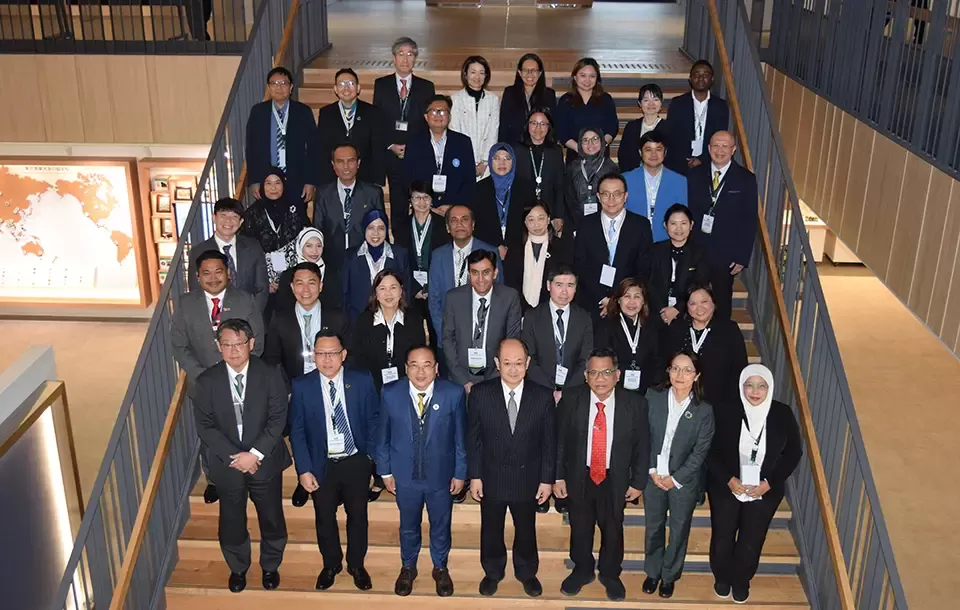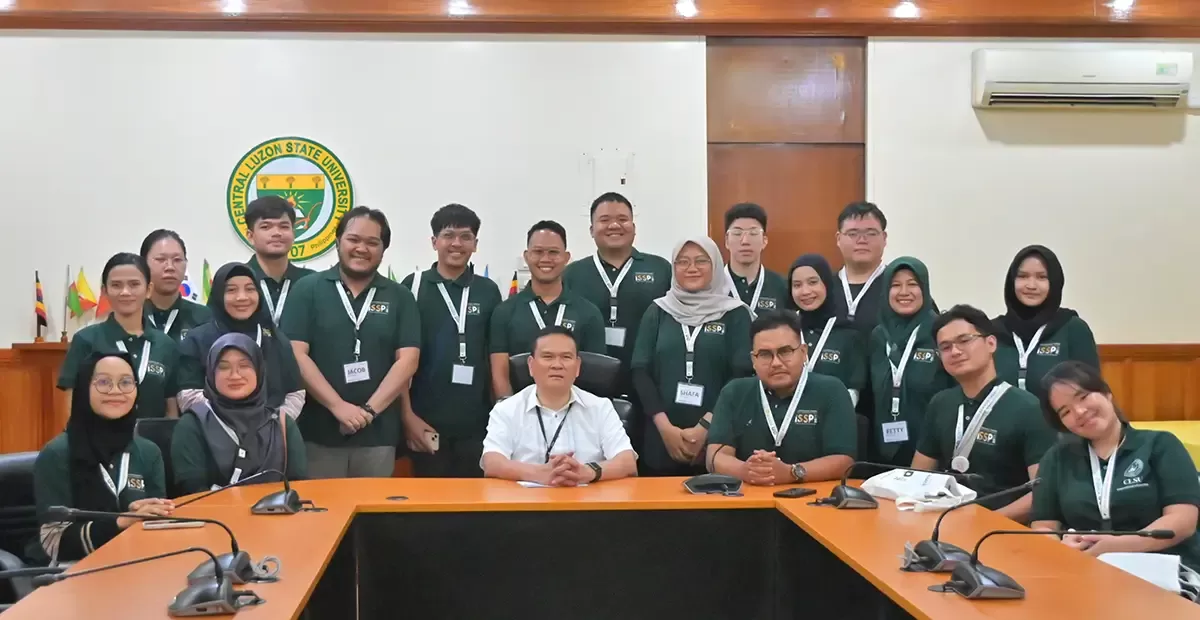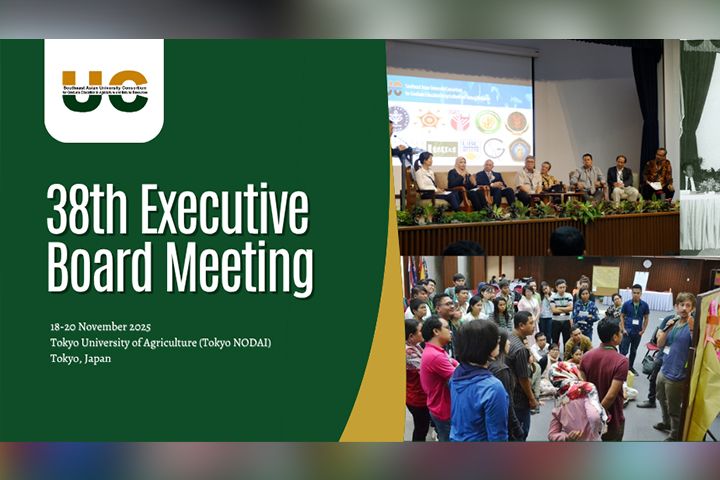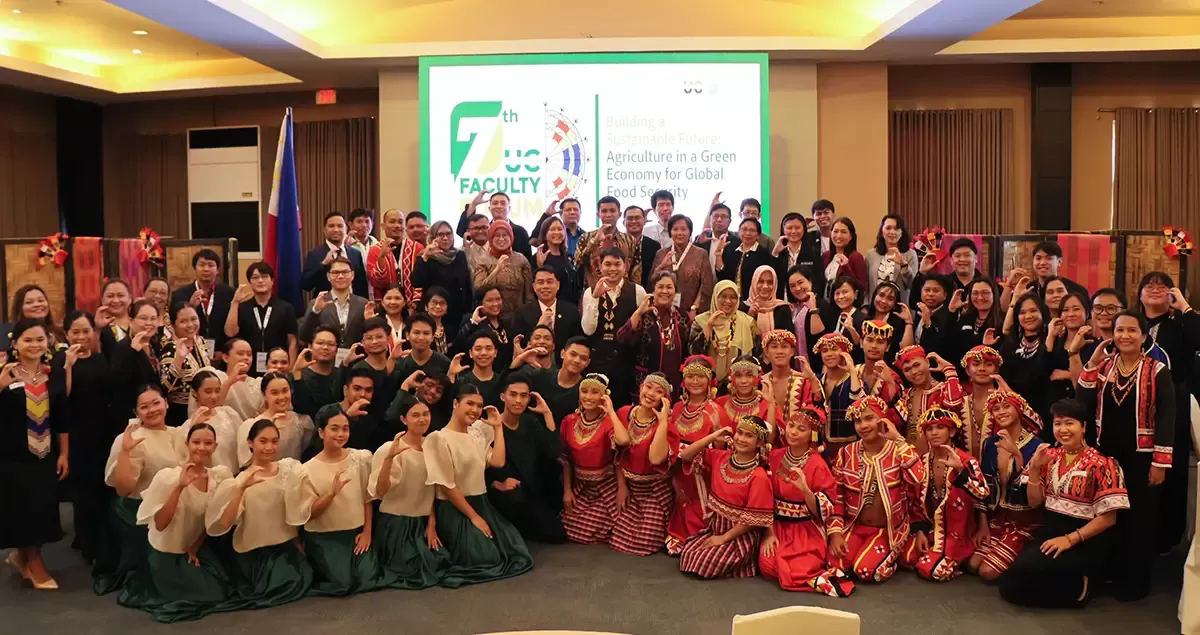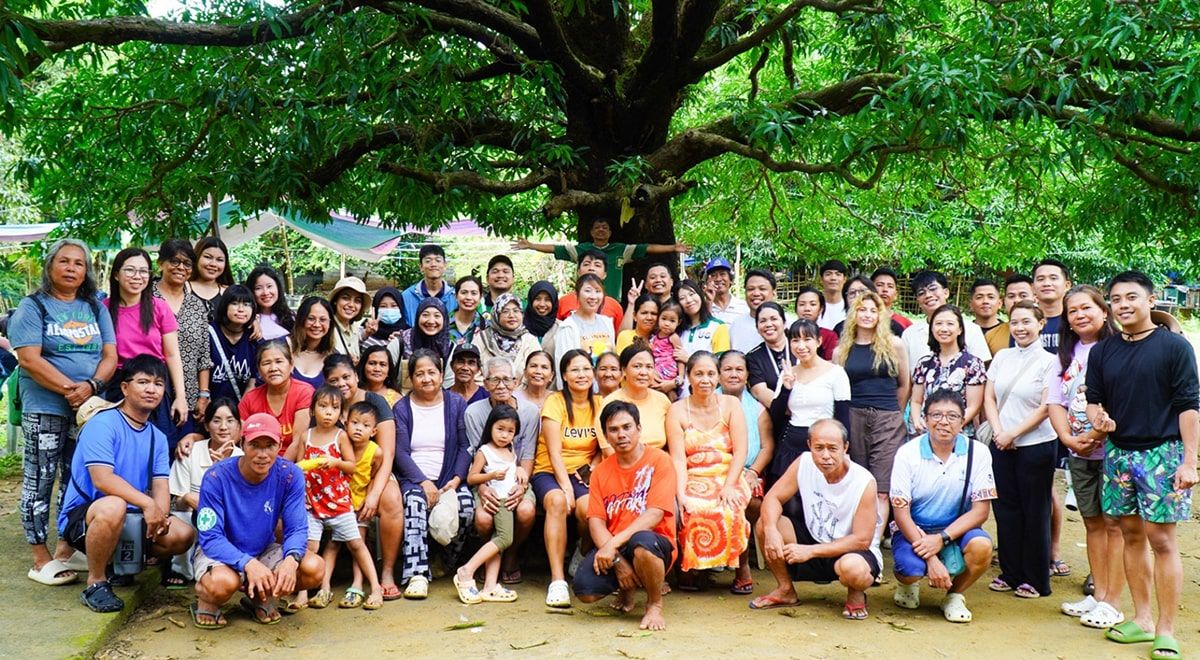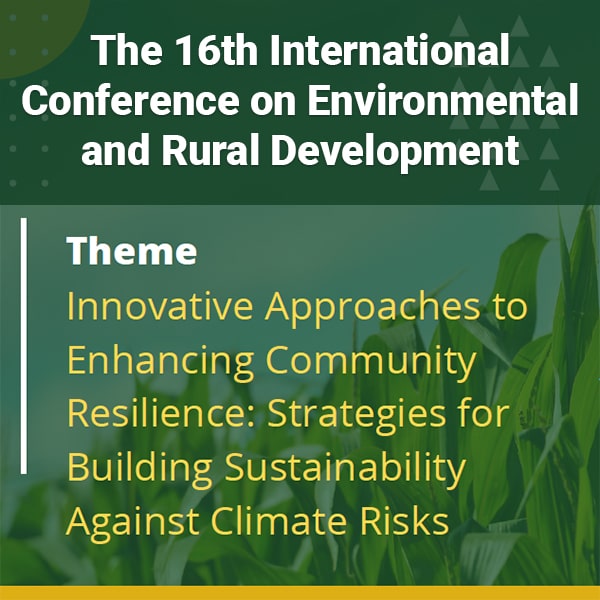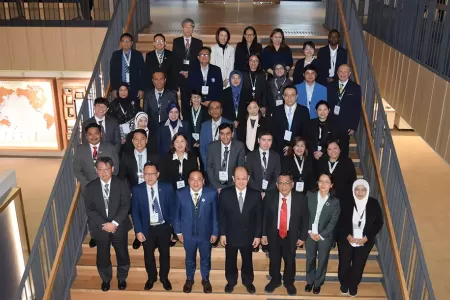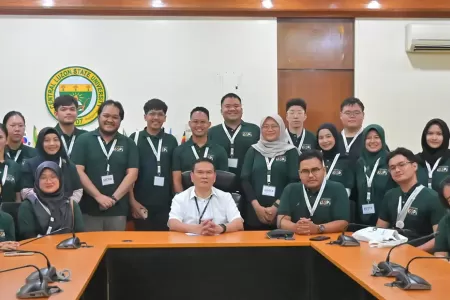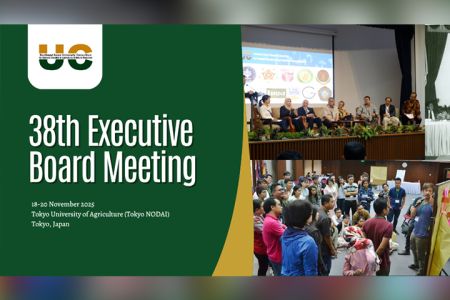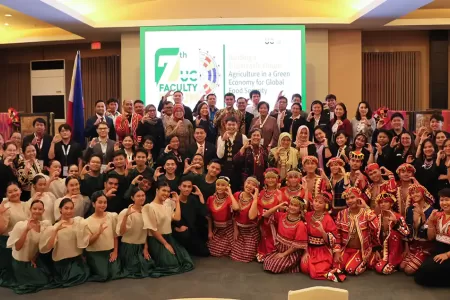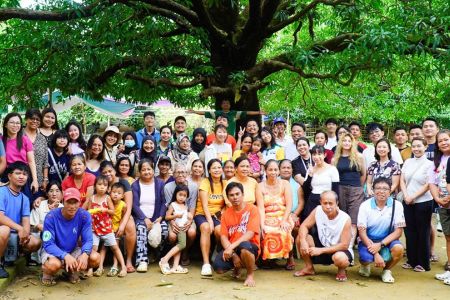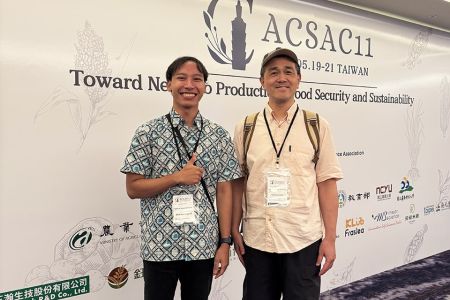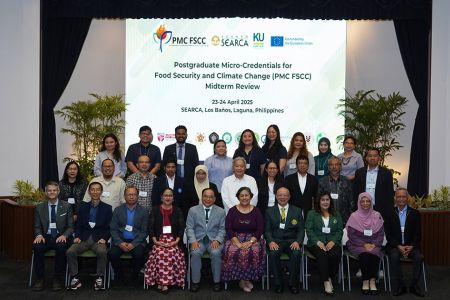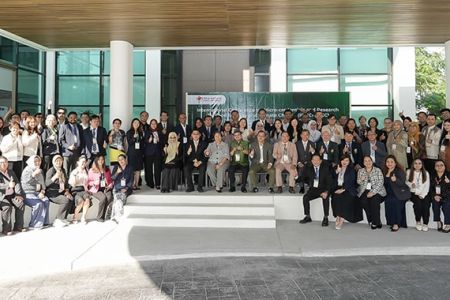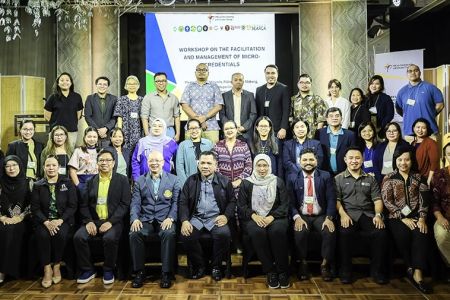SEARCA opens its 55th anniversary festivities with a celebration of sustainable and healthy cuisine
SEARCA kicked off its 55th-anniversary celebration on 22 October 2021 through Dish Dialogues: Creating a Sustainable and Healthy Plate via its SOLVE platform. The event also celebrated World Food Day with the theme "Our actions are our future - Better production, better nutrition, a better environment, and a better life." Dr. Maria Cristeta N. Cuaresma, Program Head of the Education and Collective Learning Department (ECLD), opened the discussion on food and making sustainable choices for good health and protecting the environment. She also invited everyone for the next-day event “Pista ng Pagkain at Kabataang Pinoy” or “Pistang PagKaPinoy” which discussed food and its intersections with business, nutrition, arts, culture, gender, and tourism. Dr. Cuaresma thanked SEARCA’s partners and stakeholders throughout the 55 years as it celebrates its accomplishments in promoting agricultural and rural development in the region.

The guest chef for the event was Prof. Dr. Shahrim Karim, Professor of Malaysia Heritage Food and Culture from the Department of Food Service Management, Faculty of Food Science and Technology in Universiti Putra Malaysia (UPM). He discussed sustainable and healthy consumption while featuring Asam Rebus Keladi with Fish (Sour and Spicy Yam Stew with Fish) accompanied by Sambal Belacan (shrimp paste sambal). Prof. Dr. Shahrim shared his passion for food and culture, which started at a young age while helping his mother. After finishing high school, he went to a cooking school, and then worked in Singapore as a Chef for a renowned hotel and then to New York City for further studies. Food has been a big part of his life, and he has made it his mission to promote Malaysian cuisine to the world. He describes Southeast Asian food as rich since the region has plenty of resources, and these natural ingredients are cheap. Prof. Dr. Shahrim shared that he enjoys traditional cuisine because it is natural, simple, and uses fresh ingredients. It does not contain processed food and is not complicated to make.

Prof. Dr. Shahrim highlighted the nutritious ingredients of the Asam Rebus Keladi, which came from his backyard. The main ingredient of the stew is Yam, which is highly nutritious, popular, and savored in many countries in Asia, as it is affordable and versatile. It also includes garlic, dried chili, ginger, turmeric, shallots, red onions, sliced garcinia, kantan (torch ginger), and Vietnamese mint for the soup base. For the fish, Prof. Dr. Shahrim used ikan parang (wolf herring). The Sambal Belacan used red chili, bird’s eye chili, shrimp paste, and calamansi. Salt and sugar were the only seasonings used for the dish.

While explaining each ingredient of the stew, Prof. Dr. Shahrim encouraged the audience to know the source of the food they consume and to patronize smallhold farmers, fisherfolks, and other producers. He also showcased his kitchen utensils sourced from artisans working with sustainable materials, which he likewise supports.
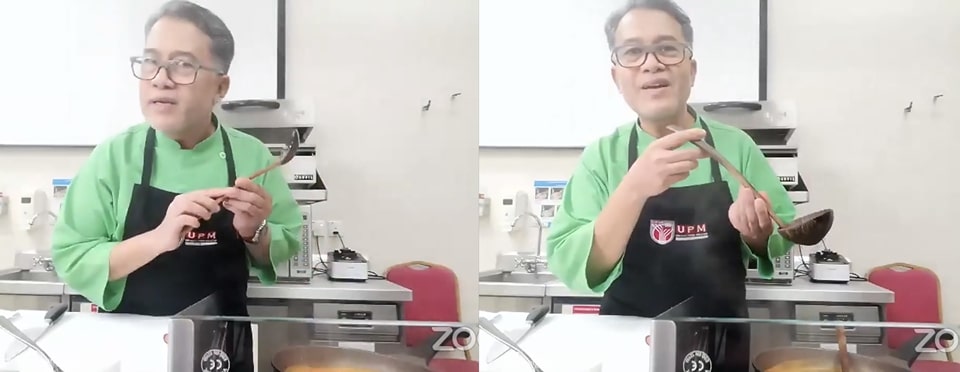
Prof. Dr. Shahrim suggests growing food at home as it is more accessible and is the most reliable food source. He also noted that the pandemic has changed people’s perspectives on sustainable consumption and led to the growing interest in food gardens, which he hopes could be sustained even after the pandemic.

A DAAD-SEARCA Scholar also joined the discussion on sustainable and healthy food. Ms. Gita Addelia Nevara shared her study on the Valorization of Oilseed by-products for sustainable and healthy consumption. The study suggests the processing of defatted oilseeds as functional ingredients in various food products, which could be a positive approach in reducing the environmental and economic impact of food waste. Gita also shared some ideas on how we could eat more sustainably. She is currently a PhD Candidate in Food Science under the Department of Food Science, Faculty of Food Science and Technology, UPM. Gita is also affiliated with Universitas Mohammad Natsir Bukittinggi, West Sumatera, Indonesia.

Finally, the conversation on sustainable and healthy consumption highlighted that it is up to a person’s conscious choice on what to eat. Prof. Dr. Shahrim recommends creating awareness, educating, and training children as early as possible so they could practice consuming sustainable and healthy food options while growing up.
The event is part of the ongoing GSID Conversations series organized by SEARCA’s Education and Collective Learning Department and hosted in the SEARCA Online Learning and Virtual Engagements (SOLVE) platform using Zoom and Facebook.

